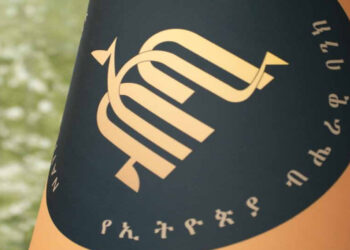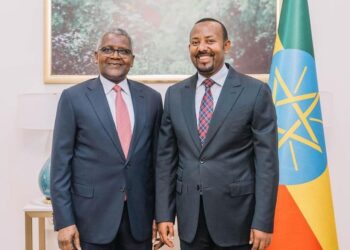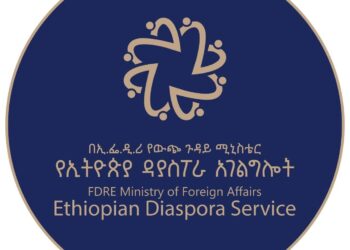The World Bank’s Board of Executive Directors has approved a $1.5 billion financing package to support Ethiopia’s home-grown economic reforms. This comprehensive support includes a $1 billion grant and a $500 million concessional credit from the International Development Association (IDA).
The “Ethiopia First Sustainable and Inclusive Growth Development Policy Operation” aims to help Ethiopia transition to a more inclusive economy, allowing the private sector to play a bigger role in driving growth. The package will address macroeconomic imbalances, expand trade opportunities, improve financial sector stability, and increase fiscal transparency and the performance of state-owned enterprises. It also includes provisions to expand social safety nets to protect poor and vulnerable households during the economic transition.
Key Focus Areas
Macroeconomic Stability and Fiscal Transparency
- Enhancing Ethiopia’s financial systems and fiscal governance.
- Improving transparency and accountability within the fiscal sector.
Trade and Economic Growth
- Supporting initiatives to boost both domestic and international trade.
- Creating a competitive economic environment to attract investments.
Protecting Vulnerable Populations
- Allocating significant funding to social programs to protect vulnerable groups.
- Enhancing social safety nets and access to essential services.
Climate Action and Sustainability
- Advancing Ethiopia’s climate goals through sustainable land and forest management projects.
- Prioritizing investments in renewable energy sources.
Maryam Salim, World Bank Country Director for Eritrea, Ethiopia, South Sudan, and Sudan, said,
“Successful implementation of these reforms can help the country reach its full potential so more Ethiopians can thrive. Importantly, there is a strong emphasis on protecting poor and vulnerable people from the costs of economic adjustment and expanding opportunities for them to participate in the economy,“
The World Bank is one of Ethiopia’s largest development partners, providing over $2 billion in concessional financing annually through IDA. Its total portfolio of commitments in the country stands at $15.5 billion. Looking ahead, the World Bank plans to provide around $6 billion in new IDA commitments over the next three fiscal years and support economic reforms through fast-disbursing budget support. This implies a total financial package of over $16.6 billion in undisbursed and future commitments available over the next three years.






















